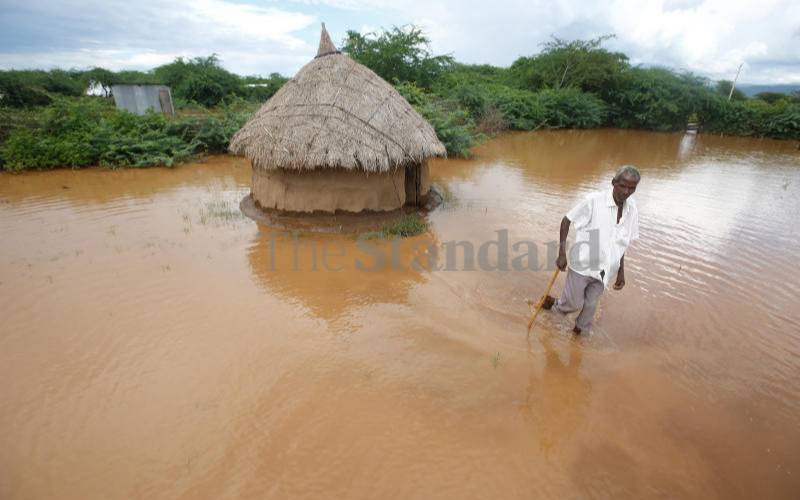
In the heart of Africa, nestled between the Sahara Desert to the north and lush equatorial forests to the south, lies the Nile Basin. This expansive region, home to over 200 million people, hosts one of the world's iconic rivers, the Nile, which snakes through 11 countries over some 6,655km.
Wetlands such as those in the Nile Basin are indispensable to African communities. They are sources of livelihoods and also guardians of resilience and biodiversity. From rivers and lakes, to mangroves, marshes, swamps, deltas and peatlands, wetlands offer ecosystem services including flood regulation, carbon sequestration and water purification.